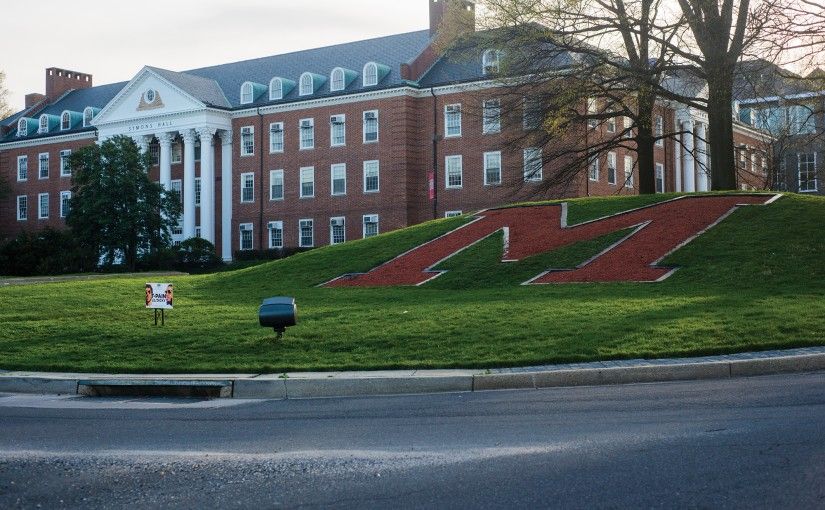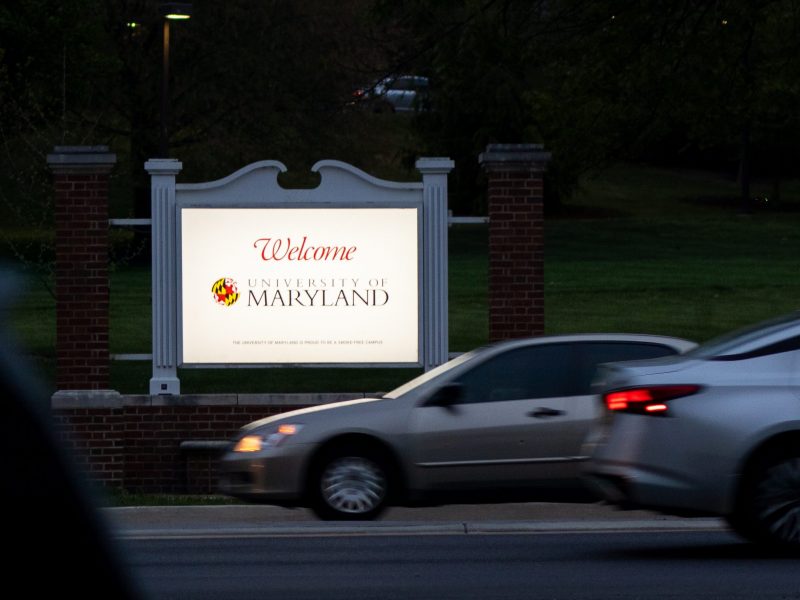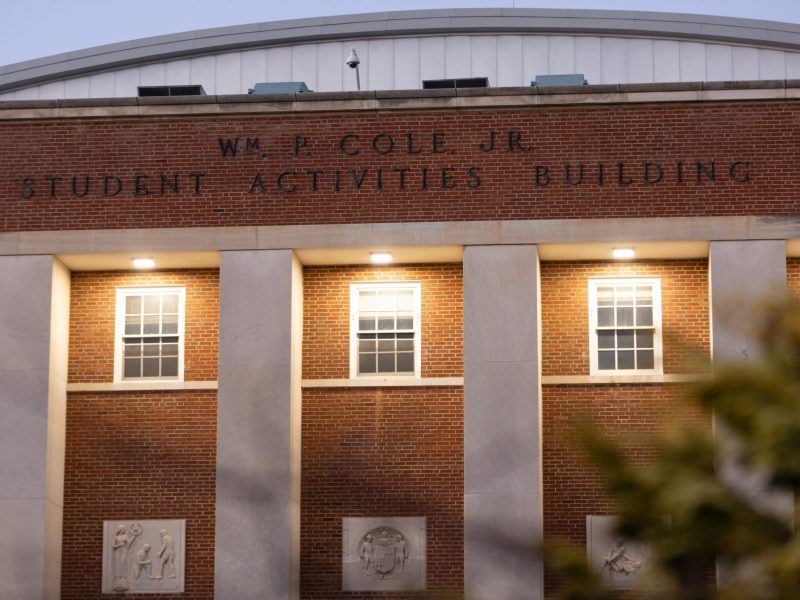On the days when Iris Castro works, she gets to the University of Maryland at 4 a.m. to start cleaning classrooms, restrooms and offices in the Plant Science Building. She’s had a job on the campus for 11 years, she said, most recently as a housekeeper in Facilities Management.
But the idea of going to work Wednesday scares her. That’s the first day Castro, along with many others, is set to be back on the campus after being on spring break — and in that time, the number of people who have tested positive for COVID-19 in Maryland has climbed from 26 on Saturday to 57 as of Tuesday.
She’s not just worried about contracting the virus herself, but bringing it home to her three sons or 71-year-old mother. And her fears are compounded because she said she hasn’t received any training or guidance from her supervisor on how to keep herself healthy as she goes about her work.
“Right now, nobody say nothing,” she said. “No training, no news, no nothing.”
[Read more: “None of it feels real”: UMD students studying in Europe scramble to book flights home]
Castro isn’t alone in her frustrations. The union that represents employees on the campus — the American Federation of State, County and Municipal Employees Council 3 — said it has been pushing the university to provide clearer communication about how many workers are needed to keep things running during the outbreak and the training and supplies that will be made available to them.
The situation is rapidly evolving. Stamp Student Union employees received an email with further guidance Tuesday morning from the union’s director, Marsha Guenzler-Stevens, advising them that Stamp would be closed until at least March 29. The email also listed the employees that would be asked to work remotely and advised housekeeping and maintenance staff they’d be allotted “liberal leave” should they choose not to work on site while the building is closed.
The University System of Maryland also released a statement Monday evening elaborating on its guidance to employees — whom they had advised the previous week to work remotely if they were approved to do so.
In the statement, the system recognized that a “limited number” of staff members will be needed to maintain and operate on-campus facilities, but announced that those who are immunocompromised, over the age of 60 or have underlying conditions will not be required to report to work on campus. Chancellor Jay Perman is working with system leaders to “facilitate resources and develop unified operating protocols,” the statement read.
Sam Luebke, the AFSCME Council 3 deputy director, took the statement as a sign that officials recognize the gravity of the public health crisis at hand. However, he stressed that it needed to act quickly to offer employees more clarity about what their jobs will look like moving forward.
“There’s a lot of work to do in the next 24 hours,” Luebke said Monday night. “I really wish they would have made this decision earlier.”
[Read more: State officials working to refund students for weeks of room and board]
And while he said he’s been heartened by conversations he had with University Human Resources on Monday, he added that there’s still much to be done to make sure people who show up to work on Wednesday need to be there, and that they have the resources they need to safely do their jobs.
In an email, a university spokesperson advised employees who haven’t heard from their supervisors or have additional questions to contact the human resources department.
On Friday, that department sent an email to faculty and staff, advising all employees already approved to “telework” that they should start doing so on Wednesday. Employees who aren’t approved to telework but are able to perform their jobs remotely should speak with their supervisors about doing so, the email said.
The email also advised employees that should they become sick or need to care for someone at home, human resources staff and their supervisor will work with them — the university is increasing the flexibility of sick and advanced sick leave, as well as excused absences, the email read.
And the department advised workers to clean their hands often, cover their coughs and sneezes and keep their distance from others, assuring them the university is continuing “enhanced cleaning” around highly trafficked areas.
However, union members expressed concern over who would be responsible for this enhanced cleaning, and whether they would receive the proper training and supplies to do so.
Details about teleworking haven’t been ironed out either, said Todd Holden, a web services developer for the computer science department. He can do his job remotely, but he doesn’t yet have approval to do so. The last he heard from his manager, on Friday afternoon, he said she instructed him to report to work on Wednesday.
He also expressed frustration that although the email asked employees to assist in wiping down “high-touch” surfaces, it did not elaborate on whether cleaning supplies would be provided to them.
“I’m being responsible and I’m making sure that I’m maintaining my distance and I’m trying to be as conscientious as possible, but that doesn’t necessarily mean that everybody is going to be 100 percent perfect all the time,” he said. “That’s a fear — you are relying on the system to basically operate in an optimal fashion.”
After the system released its statement Monday, though, Holden wrote in a message that he expects there will soon be further news about whether he’ll be required to report to work on Wednesday.
Nathan Sparks, a Shuttle-UM driver for the Department of Transportation Services, is also set to return to work on Wednesday. Just like Castro, he said he hasn’t received any guidance or supplies from his supervisor about how he should sanitize his driving space. He’s just been washing his hands thoroughly before and after his shifts and trying not to touch his face.
But one of the things Sparks is most concerned about is whether he already has been exposed to novel coronavirus — and whether he has passed it on to others. He isn’t showing any symptoms, he said, but with the nation running on a reduced testing capacity, he said it’s like everyone is “driving with a blindfold on.”
“It’s kind of like trying to minimize the impact I’m making that I can within my own agency,” he said. “Can I afford to not go to work for two full weeks if they’re forcing me to come to work?”



